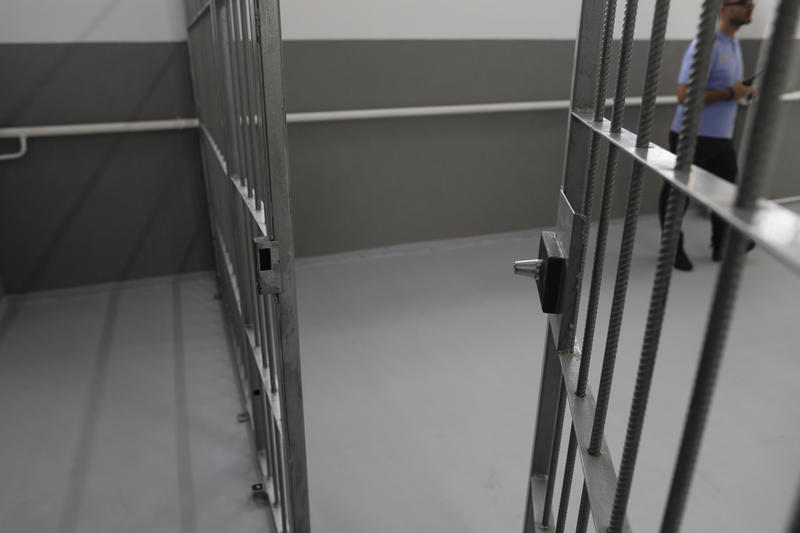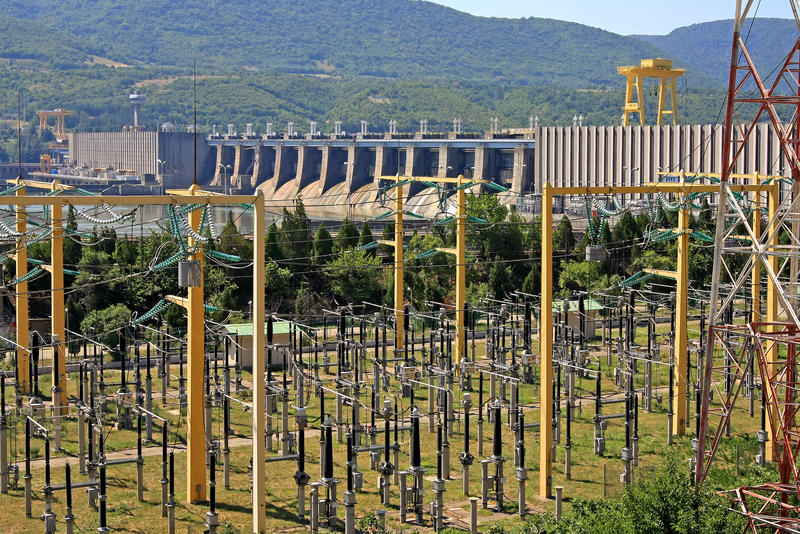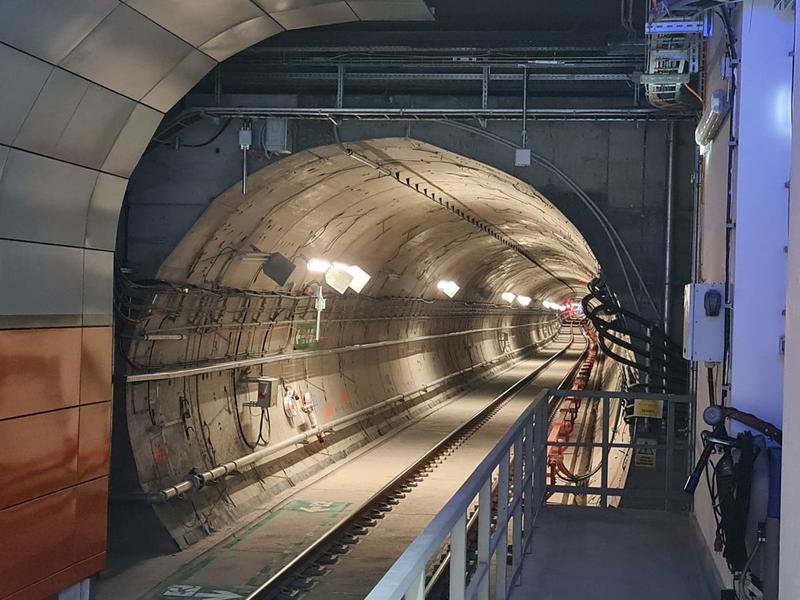A new tendency is taking shape on the Romanian labor market. After years years when large Western companies opened or moved production units to Romania, now it’s the turn for technical support centres and “intelligence services” department.
Big names such as Microsoft, Renault, IBM and recently Ericsson have created or are about to create global support centres on Romanian territories. They suggest foreign companies are still more interested in Romanian trained personnel, beyond the usual interest in cheap, low-qualification labor.
Three are the reasons for the trend: the still low taxes, cheam work force and the geographical coverage of such centres.
The first steps were made several years ago, but it is only now that Romania can speak of a real tendency in this regard, as the country’s accession to the European Union is making an impact.
One principle that makes foreign companies move is that instead of paying higher salaries to educated immigrants they’d better come to the home countries of those migrants, have them work at lower salaries and expand their own markets. It is a sort of “inward exodus” of grey matter.
Educated Romanians are no longer leaving to work for companies abroad, but instead turn their eyes to similar companies who move operations to Romania. Microsoft and Ericsson are good examples in this regard.
Swedish group Ericsson announced last weekend it would open a global support centre in Romania. Prime minister Calin Popescu Tariceanu met Ericsson representatives in Bucharest on Friday, February 9 to discuss the possibilities in this regard.
Ericsson is the biggest telecom equipment producer worldwide. And its announcement came less than two weeks after Bill Gates inaugurated Microsoft’s Technical Support Center in Bucarest to provide services and technical support to Microsoft clients in Europe, the Middle East and Africa starting this year.
And Renault also announced plans to invest in a similar project in Romania recently.




















